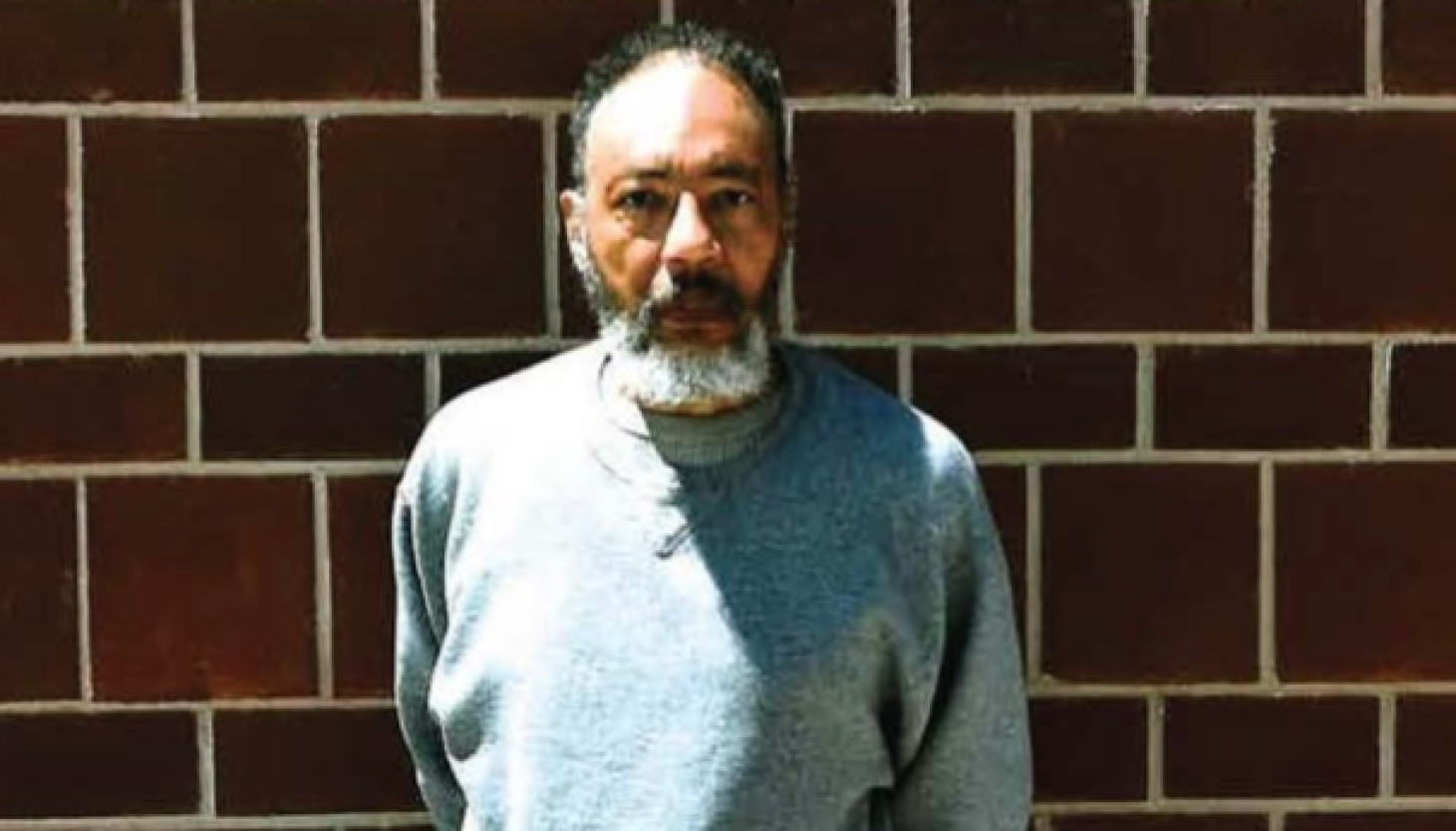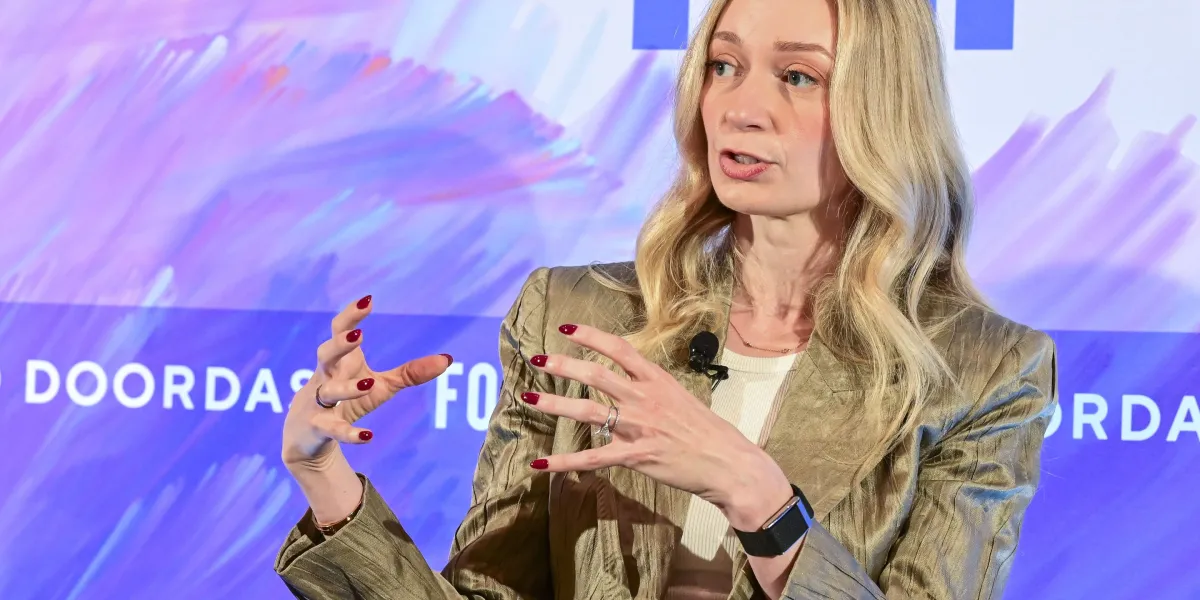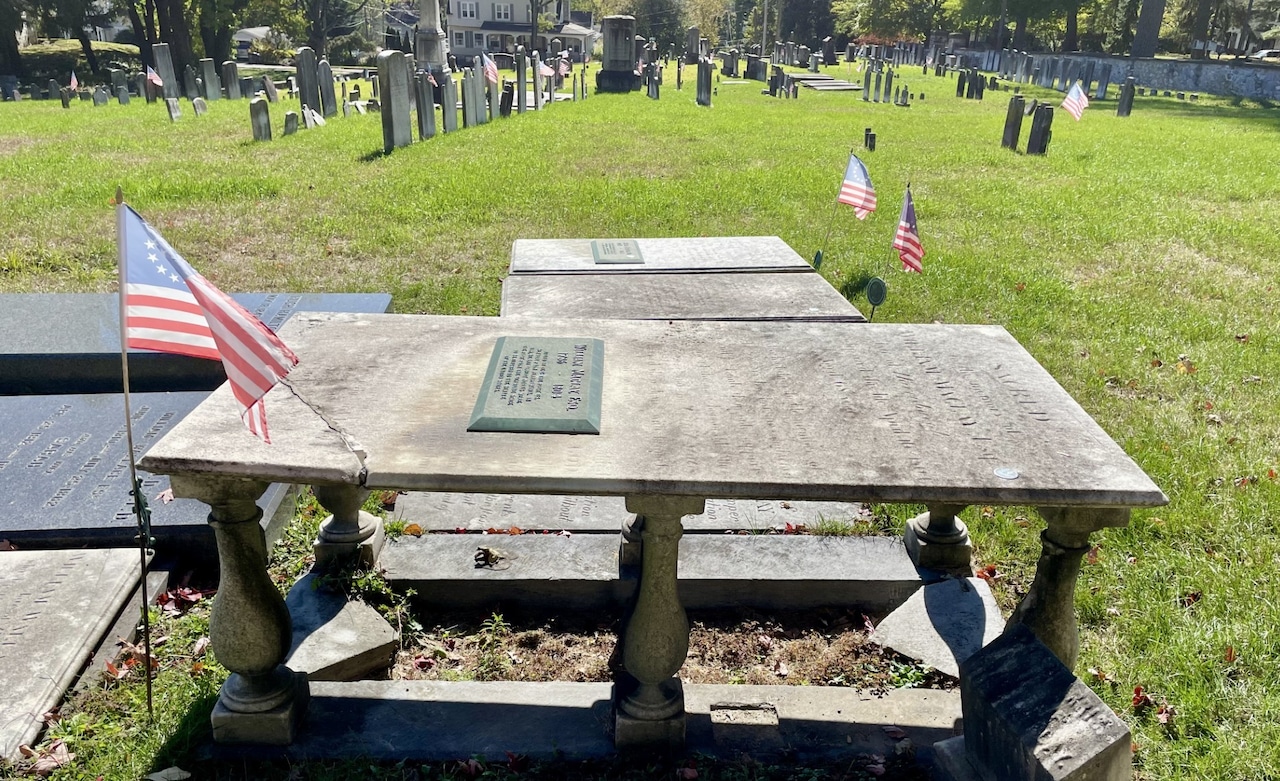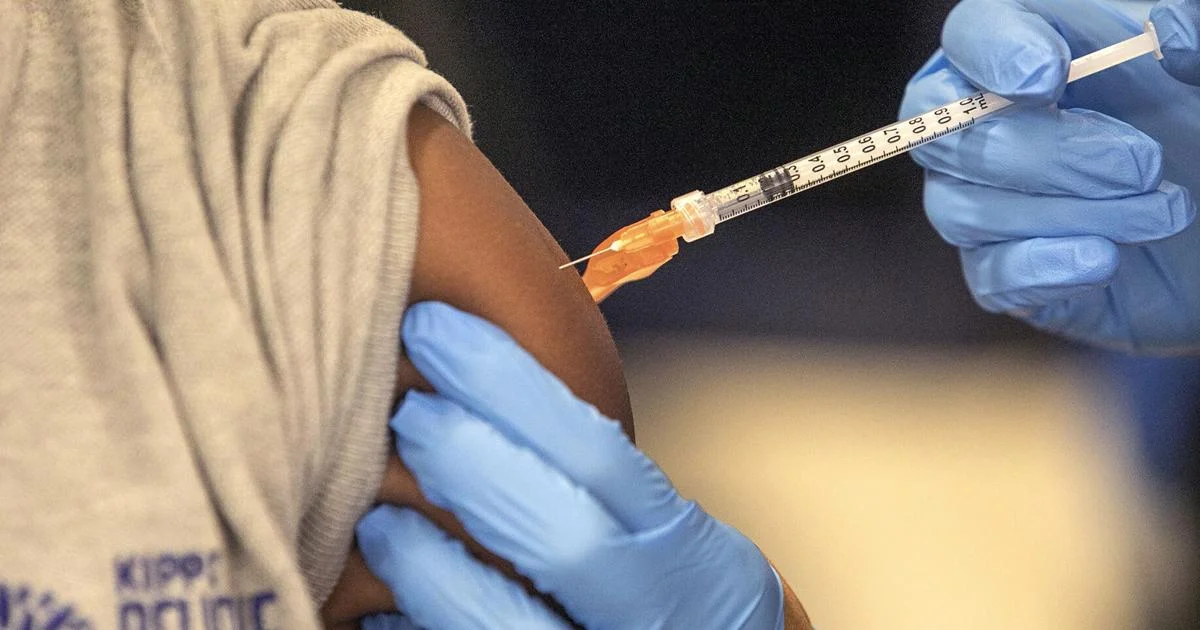Copyright Chicago Sun-Times

Since President Donald Trump commuted his federal life prison sentence five months ago, Gangster Disciples co-founder Larry Hoover suffered three heart attacks and remains imprisoned in “extreme” conditions in Colorado, his lawyers say. Now, Hoover is asking Gov. JB Pritzker to finally make him a free man. Hoover’s lawyers sought clemency Wednesday from the Democratic governor in a petition that offers new insight into how Hoover has fared since Trump famously released the onetime gang leader from the federal government’s so-called supermax prison in Colorado. Despite the clemency from Trump, Hoover still has a sentence to serve on a state murder conviction. His petition has been sent to the Illinois Prisoner Review Board, which reviews all requests and makes recommendations to the governor. “To deny clemency now is not a neutral act,” attorney Justin Moore argued in the petition. “It is a willful decision to let a 74-year-old man with significant health challenges die in a cage.” Among those supporting Hoover’s new clemency bid are Greg Mathis, Chance the Rapper, Ald. Stephanie Coleman (16th), former Congressman Bobby Rush, U.S. Rep. Jonathan Jackson, Rev. Jesse Jackson, Rev. Al Sharpton, State Sen. Willie Preston, D-Chicago, and former Education Secretary Arne Duncan, according to the petition. Hoover’s attorneys say he remains in “extreme conditions of confinement” at the Colorado State Penitentiary. Since moving there from the supermax, the filing says he’s been “made to work in excruciatingly intense labor.” Moore also told the Chicago Sun-Times that Hoover’s “labor activities” have included working in the kitchen at the prison and “having to stack trays by the dozens by the minute.” The petition states he has suffered three heart attacks, and Moore says they’ve all taken place since Hoover left federal prison. “It’s very excruciating. He’s the oldest person on the work line that he’s working by a gap of 10 to 15 years,” Moore said. “He’s been rushed to the hospital at least once, and there’s great concerns that the condition that he’s in could lead him to actually die in prison due to the labor conditions. He’s effectively being worked to death. And that is after he was released from isolation. So it’s almost like a mixed bag. It’s a really rough transition.” Moore said Hoover is deserving of release based on “his penchant for showing remorse” and because he’s an elderly inmate with a low risk of recidivism. The petition also claims Hoover’s status as a “C-number” inmate warrants his release. That status means Hoover is part of a small number of elderly inmates who were given indeterminate sentences rather than a determinate sentence, which entails a fixed number of years in prison. Determinate sentencing began in Illinois in 1978. “It’s not a futile attempt at trying to get freedom for Mr. Hoover. It’s actually supported by people who have advised us, who have been close to the governor,” Moore said. Federal prosecutors have argued that Hoover “destroyed neighborhoods and lives” and “ordered murders to maintain discipline.” In a rare direct plea to a judge, then-U.S. Attorney John Lausch in 2020 said it would be a “miscarriage of justice to reduce [Hoover’s] sentence in any way, shape or form.” And when Hoover appeared in court by video in 2024, another judge said he wanted to know “how many murders is [Hoover] responsible for?” He never got a direct answer. Trump in May commuted the federal life sentence Hoover got in 1998 for running the Disciples’ $100 million-a-year drug trade from prison while serving a separate state sentence of up to 200 years for ordering the execution of a rival Chicago gang member in 1973. The state sentence stands unless Pritzker commutes it or the Illinois Prisoner Review Board grants clemency. Shortly after Trump commuted Hoover’s federal sentence, the governor’s office said Hoover has a sentence “he needs to continue serving” and would have to petition the Illinois Prisoner Review Board if he wants to seek parole or clemency. Over the years, since the early 1970s, the board has regularly denied Hoover’s requests for parole. Preston said he has been in “constant communication” with the governor’s office and the state’s chief legal counsel about his quest for clemency. “He supposedly ordered a murder. The murderer has been released in the 90s, and we’re still finding a way to keep him incarcerated and that’s wrong. And I think that as a state lawmaker, I have plenty of questions to ask,” Preston said. “In what other instance are we paying tens of thousands of dollars and why? What are the extraordinary circumstances that the governor’s office, the governor feels are necessary for Mr. Hoover, for us to keep him inside of a Colorado prison?” Moore said Hoover wants to return to Chicago to be with his family. “His wife has a home in Chicago. His son lives in Chicago still. His grandchildren are there,” Moore said. “He wants to be surrounded by family, like every senior citizen or elder in our community would like to do.” According to the petition, Hoover is interested in working with violence interruption groups and wants to teach at the university level “about the deep complexities of violence, incarceration, and redemption.” “The man before this Board bears no resemblance to the young man who entered prison decades ago,” Moore writes. “His sole desire is to spend his remaining years near his family, using his experience to help prevent others from repeating his mistakes.”



